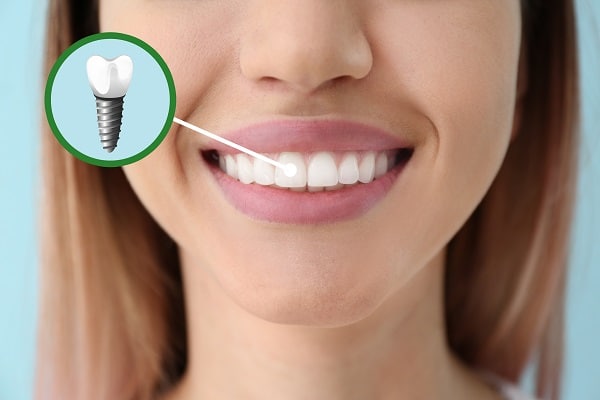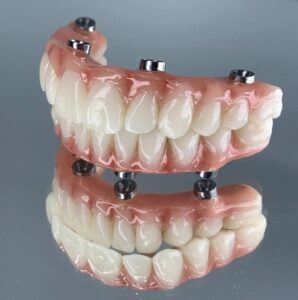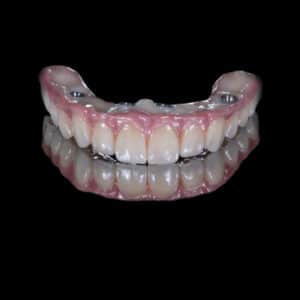
How long do dental implants last? Tips to preserve and take care of them
Tags : caring for dental implantsdental implantsdental implants procedureOral Healthcaretips to care for dental implants
Category : Blog

Dental implants are a popular and effective solution for replacing missing or damaged teeth. Unlike traditional dentures or bridges, they are anchored directly into the jawbone, providing a permanent and stable base for artificial teeth. But how long do dental implants last? The answer, as with many things in life, is that it depends.

Dental implants have seen decades of research and development. There have been tremendous improvements in the design, shape, materials, and surface treatment of the new age dental implants. This has led the success rate of dental implants to average about 95%. This means that in most cases, dental implants will last for many years without the need for replacement or repair. Factors such as the quality of the implant, the skill of the dentist, and the patient’s oral hygiene habits can all affect the longevity of the implant.
Tips to Preserve and Care for Dental Implants
In general, dental implants can last anywhere from 10 to 30 years. However, with proper care and maintenance, some patients may find that their dental implants last even longer. Regular dental checkups and cleanings, as well as good oral hygiene practices such as brushing and flossing, can help prolong the life of the implant.
Some patients may require additional surgery or maintenance at some point in time during the life of the implant. For instance, the implant may need to be tightened or the artificial tooth may need to be replaced. These procedures are typically minor and can be done in the dentist’s office. It is essential to have a follow-up with the dental surgeon who performed the implant surgery, so that they can detect and attend any issues in its early stages.

Dental implants are a durable and long-lasting solution for missing or damaged teeth. With proper care and maintenance, they can last for many years, and in some cases even decades. If you are considering dental implants, be sure to discuss the potential longevity of the procedure with your dentist, as well as any factors that may affect the long-term success of the implant.
